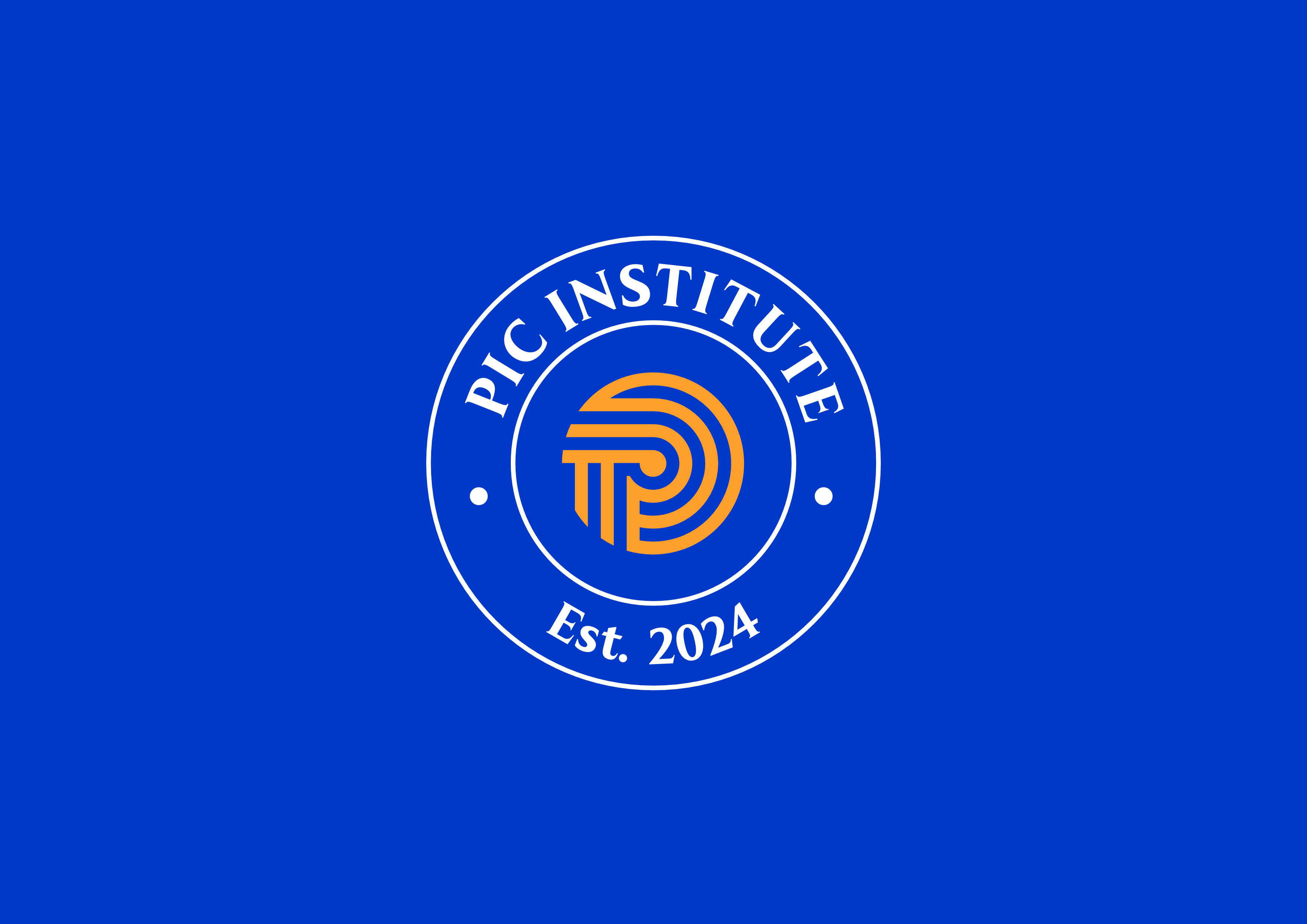Behavioral Insights in Nigeria: A Paradigm Whose Time Has Come
Behavioral Insights (BI) refers to the utilization of lessons from behavioral and social sciences to understand how people behave in practice. Its application involves using evidence to challenge existing assumptions of rational behavior. There has been a growing interest across countries globally to incorporate behavioral insights (BI) to support behaviorally informed decision-making for policy and programs building on principles from behavioral and social sciences.[1] The limitations of governance structure in setting strategic direction for policy and program implementation in the absence of BI have been acknowledged.[2] BI is vital to the policy-making process because government policies impact behavior at population level.[3] The application of BI to better understand human behavior can improve problem definition, design practical solutions, trust in government, and support people to make better choices. Behaviorally informed policy processes must address the following:
· The importance of context (socioeconomic, political, psychological influence factors); BI integrates evidence on how contextual factors influence behavior. By embedding trials within the policy context, a pragmatic approach to developing outcomes based on what works can be explored for complex adaptive systems.[4]
· Bureaucracies, governance structures, uncertainties, technology, logistics, and operational issues that may not be considered in standard policy processes.
· Biases that may affect policymakers to enable them to implement cost-effective programs.
The application of BI should be contextual, reflexive, and dynamic; this is a clear-cut instance in which one size does not fit all. There must be a paradigm shift to a policy response that is human-centered, realistic, and evidence-based. A mechanistic or static approach will not yield impactful outcomes as BI seeks to understand why and how people behave.
While BI has the potential to offer creative solutions to Nigeria’s increasingly complex and dynamic developmental issues, implementing effective behavioral interventions in a resource-constrained setting presents unique challenges. The evidence base from rigorous trials is limited, and solutions from developed countries may not apply to resource-constrained settings. The misapplication of behavioral solutions may also result in unintended consequences. Embedding Randomized Control Trials (RCTs), prototype testing, innovative iterative testing, and evaluations into programme design may help facilitate ongoing adaptations and improved solutions design.[5] ‘New thinking’ utilizing BI principles to challenge traditional approaches and change established notions will likely face resistance. Developing an advocacy plan to get buy-in from political leadership and using participatory techniques that allow for collaborative and action-oriented solutions are important considerations to facilitate the successful use of BI in deepening the impact of social interventions in Nigeria.
Authors
· Dr Osasuyi Dirisu, Executive Director, PIC
· Akinwumi Akinola, Senior Behavioral Scientist, PIC
· Jessica Vakporaye, Research Officer, PIC
[1] Curchin, K. (2017). Using behavioural insights to argue for a stronger social safety net: Beyond libertarian paternalism. Journal of Social Policy, 46(2), 231–249.
[2] Khadzhyradieva, S., Hrechko, T., & Smalskys, V. (2019). Institutionalisation of behavioural insights in public policy. Public Policy and Administration, 18(3), 95–113.
[3] Oullier, O. (2013). Behavioural insights are vital to policy-making. Nature News, 501(7468), 463.
[4] OECD. (2015). Behavioural insights and new approaches to policy design. https://www.oecd.org/gov/regulatory-policy/behavioural-insights-summary-report-2015.pdf
[5] Carter, B. (2017). Using behavioural insights to address complex development challenges. K4D Helpdesk Report. Brighton, UK: Institute of Development Studies.



